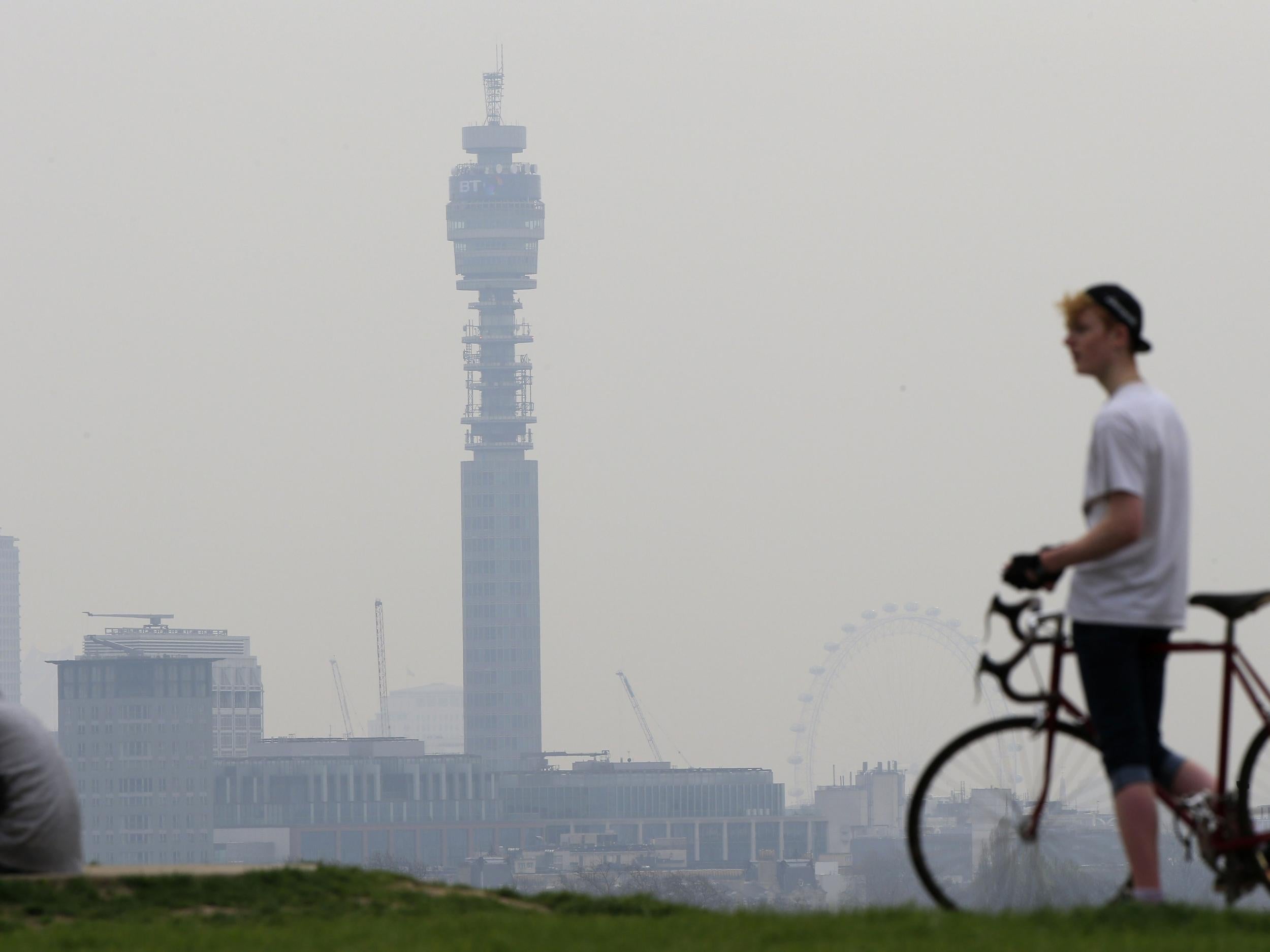Air pollution is now a global 'public health emergency', according to the World Health Organisation
The head of public health at the WHO believes air pollution could have untold effects on future generations

Your support helps us to tell the story
From reproductive rights to climate change to Big Tech, The Independent is on the ground when the story is developing. Whether it's investigating the financials of Elon Musk's pro-Trump PAC or producing our latest documentary, 'The A Word', which shines a light on the American women fighting for reproductive rights, we know how important it is to parse out the facts from the messaging.
At such a critical moment in US history, we need reporters on the ground. Your donation allows us to keep sending journalists to speak to both sides of the story.
The Independent is trusted by Americans across the entire political spectrum. And unlike many other quality news outlets, we choose not to lock Americans out of our reporting and analysis with paywalls. We believe quality journalism should be available to everyone, paid for by those who can afford it.
Your support makes all the difference.The World Health Organisation (WHO) has said that air pollution is now a "public health emergency" across the globe, in a stark warning about the dangers of unclean air in our cities.
The warning comes at a time when air pollution is high on the agenda - in December, Chinese authorities issued a pollution 'red alert' in Beijing, forcing schools and businesses to close down and urging people to stay indoors in order to protect them from the deadly smog.
And just eight days into 2016, London breached its own legal limit on air pollution for the entire year. Under EU regulations, pollution levels in London are allowed to exceed the maximum safe limit for 18 hours a year - this allowance had been burned through completely by Friday 8 January.
Speaking to The Guardian, Maria Neira, the head of public health at the WHO, said: "We have a public health emergency in many countries from pollution."
"It's dramatic, one of the biggest problems we are facing globally, with horrible future costs to society."
Neira told the paper that although the short-term effects of pollution on city-dwellers' health can be severe, consistently high levels could be creating a ticking time bomb of public health problems.
Exposure to air pollution can cause health issues like asthma, heart disease and potentially even dementia, conditions which require medical attention and hospital beds. If air pollution levels stay high, Neira believes global health services in the future could be put under even more strain than they are now.
According to the UN, 3.3 million people around the world die prematurely due to the effects of air pollution every year. Most of these deaths occur in China, India and Pakistan, but the UK is badly affected too.
According to a estimates made by researchers from King's College London, almost 9,500 people in London alone died prematurely in 2010 due to pollution - 3,537 from the effects of nitrogen dioxide (NO2), which is expelled by engines and power stations, and 5,879 from PM2.5, the name given to the smallest particles of pollution which can penetrate deep into the lungs and cause respiratory problems.
Across the UK, the number of early deaths that can be blamed on pollution could be as high as 60,000 a year, according to a report from official advisory body the Committee on the Medical Effects of Air Pollutants, which was reported by The Sunday Times.
The Government is now being put under pressure to take swift action on the issue, having been accused in the past of wilfully ignoring air pollution reduction targets.
This pressure will likely increase with the WHO's release of pollution figures next month, which are expected to show that air quality has continued to decline across the world in the past year.
Join our commenting forum
Join thought-provoking conversations, follow other Independent readers and see their replies
Comments